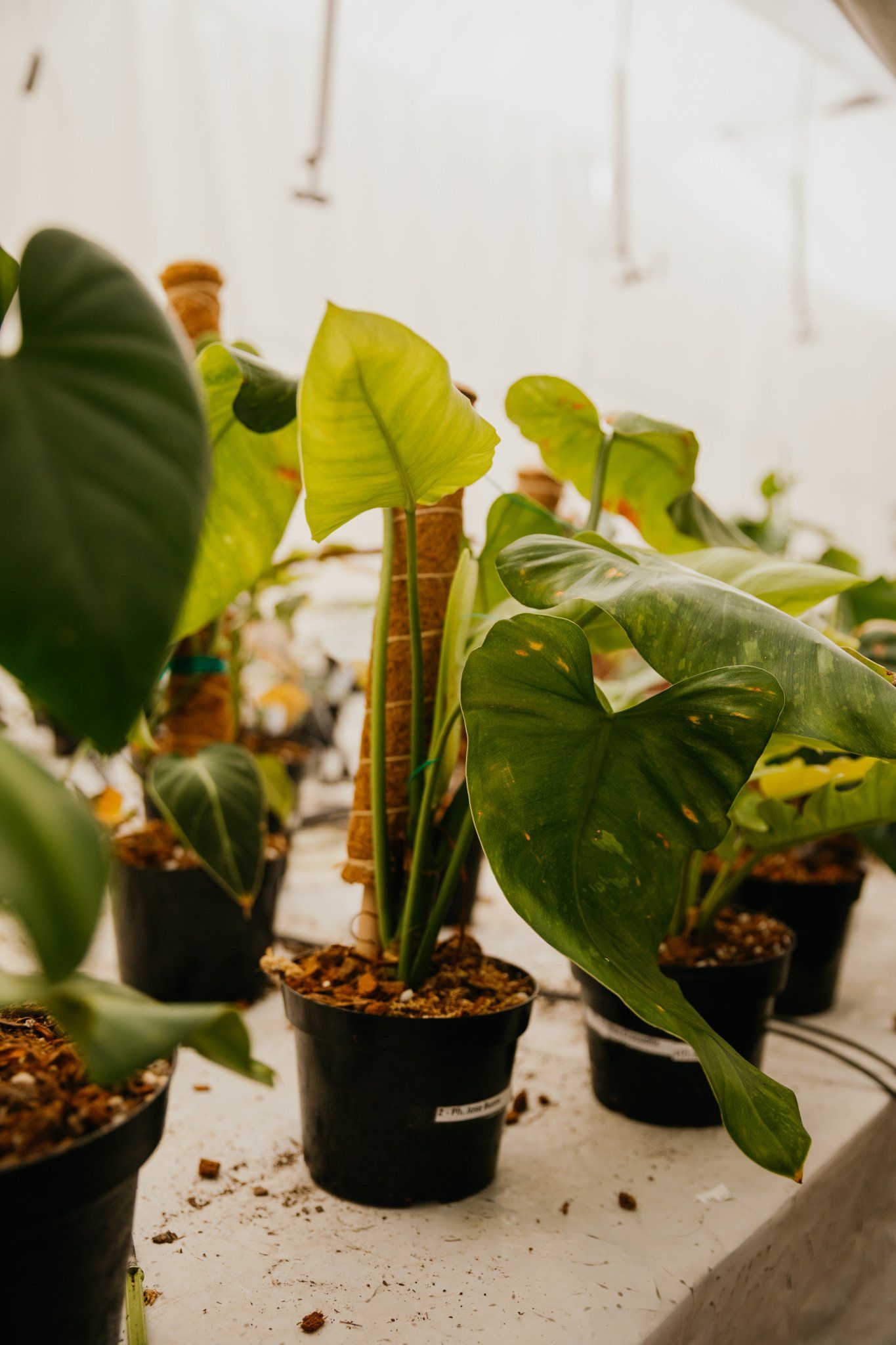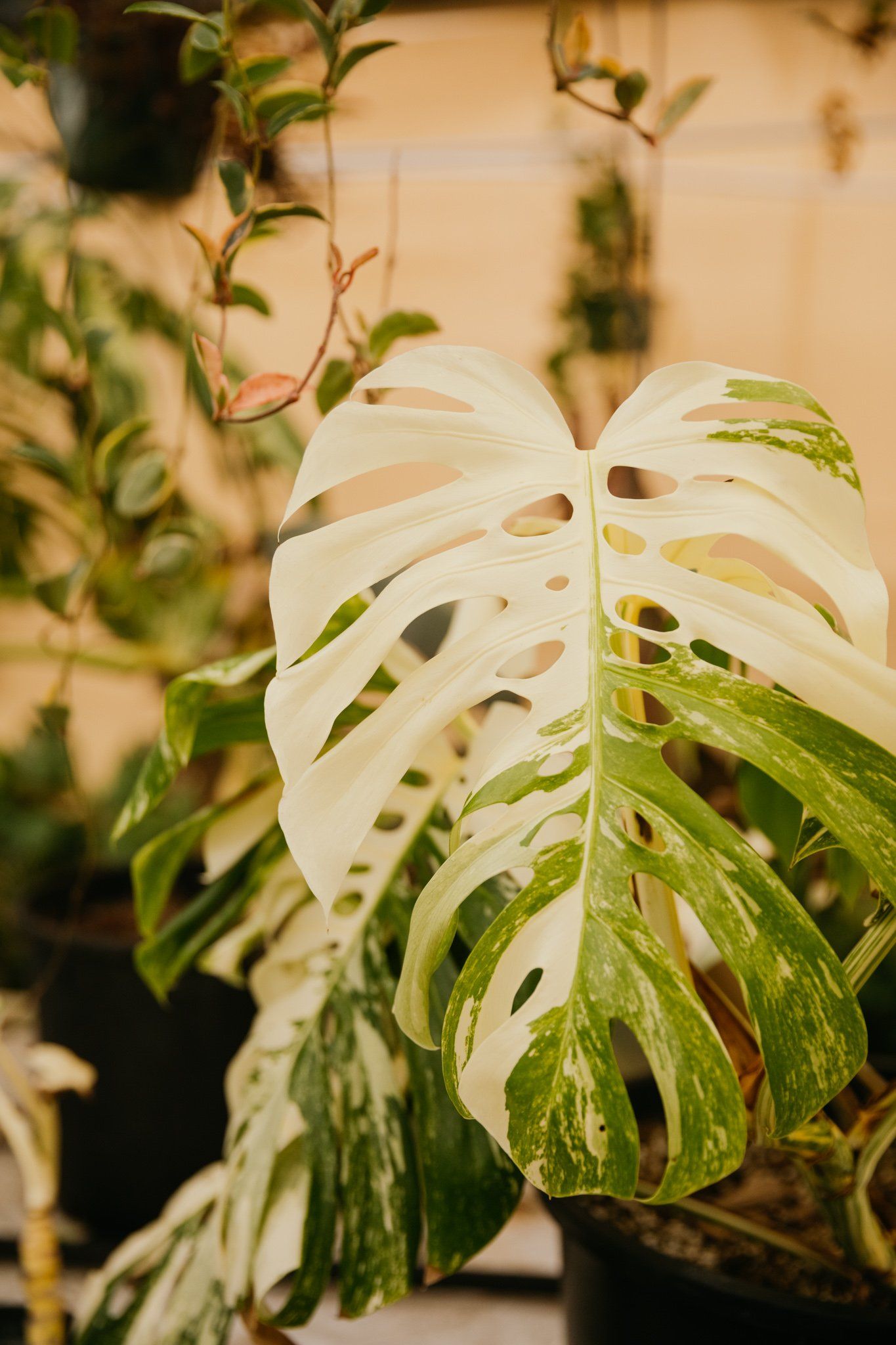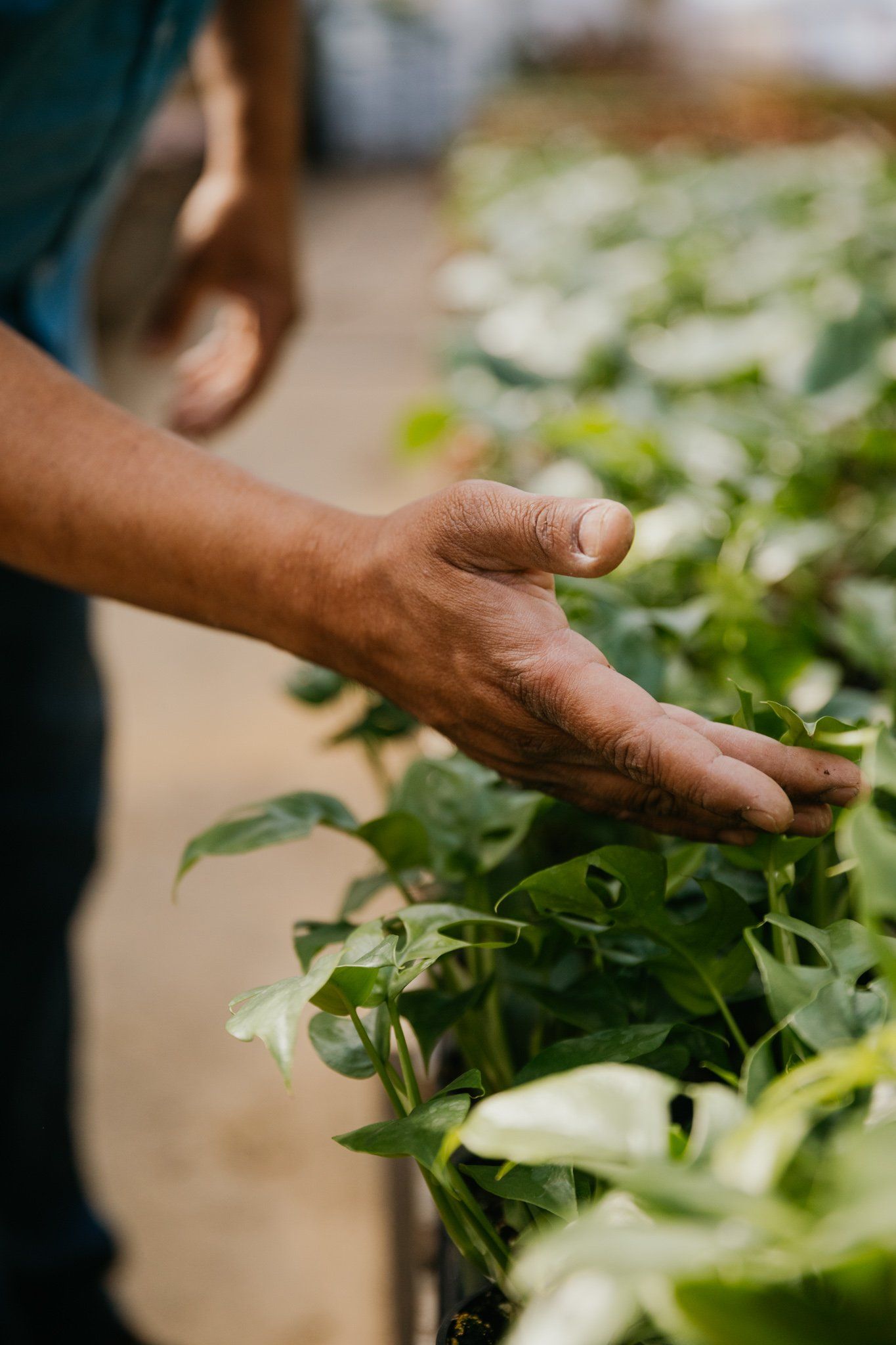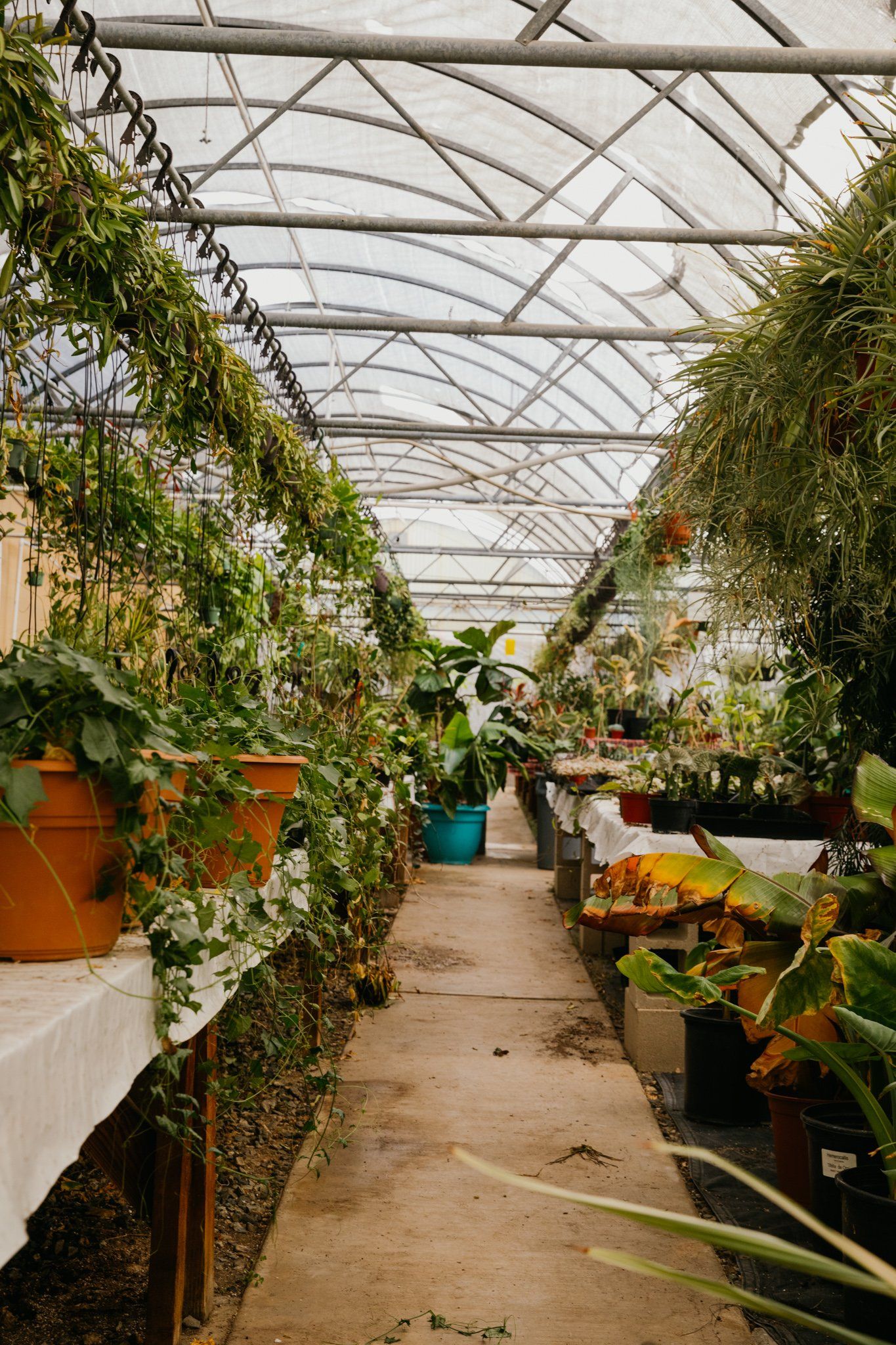The Popularity of Plants
During the pandemic, buying and taking care of plants at home became a very popular hobby. Unfortunately, many big box retailers also jumped on the bandwagon and started selling plants that were sometimes neglected. At Green Air Botanicals, we take meticulous care of our plants and ensure our customers understand how to take care of them when leaving the nursery.
Plants are a gift that keeps on giving. It’s something that you nurture and grow. There is a sense of accomplishment when it is nourished. Some plants take effort and require humidifiers. They are a wonderful hobby and are calming and bring warmth into the house. They are stress relieving and help with allergies.
The Healthy Benefits of Plants
Did you know there are many health benefits of plants? Plants decrease the amount of indoor air pollution by reducing concentrations of volatile organic chemicals. Moreover, plants reduce the amount of dust in the home or office and stabilize the breathing air we live in. They can also combat cigarette smoke and improve acoustics in the surrounding area.
Research also indicates plants reduce workplace stress, enhance productivity, and cut down sick leave expenses. Bring plants into your home and office and experience the benefits of a clean, well-oxygenated environment.







